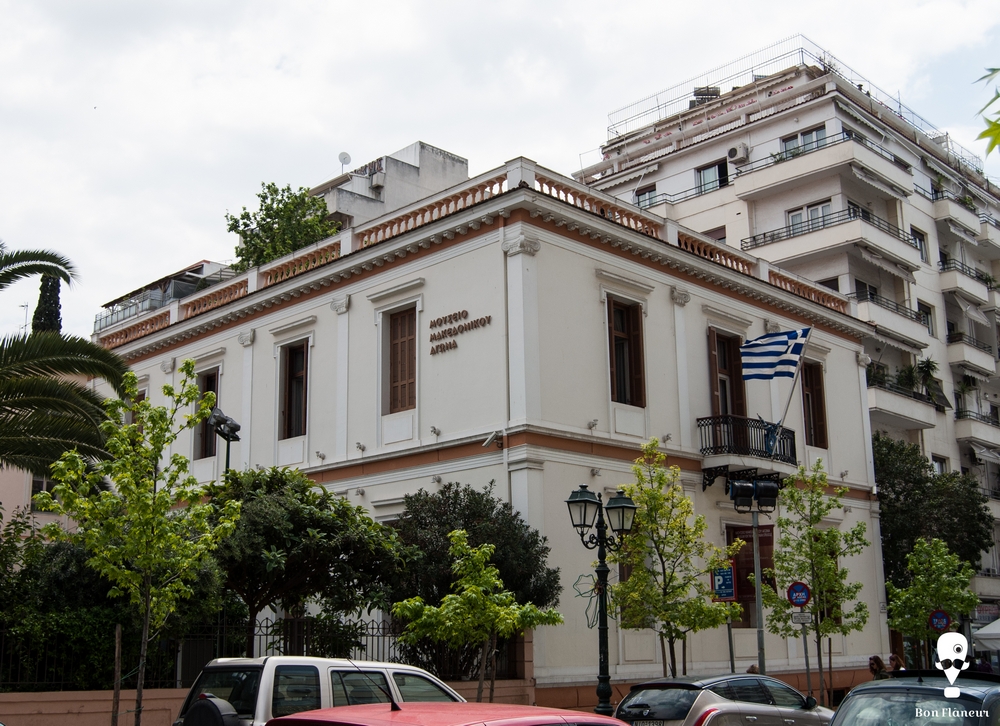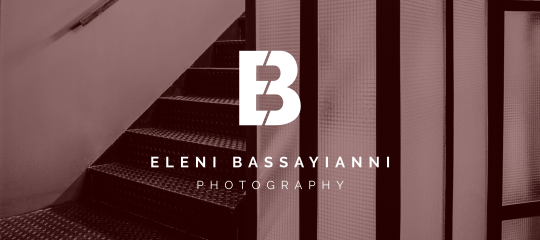Museum of Macedonian Struggle
The Museum of Macedonian Struggle is an elegant and simple, two-storey neoclassical building, which was built to house the Greek consulate in Ottoman Thessaloniki.
Location
Timeline
Modern and Contemporary era (1912 - )
1978 The building suffered severe damages due to an earthquake.
1982 On October 27, the museum was inaugurated by the then President of the Republic, Konstantinos Karamanlis.
Ottoman era (1453- 1912)
1893 Completion of construction, designed by Ernst Ziller. Donation by Andreas Syngros



Share